Tatsuki Fujimoto’s name has risen quite a bit in recent years thanks to the worldwide success of Chainsaw Man, but he’s also written some one-shot manga. While most of them were relatively unknown to Western audiences, Look Back was different.
Look Back was originally written in 2021, in between the long break between Parts 1 and 2 of Chainsaw Man. So, upon its release, it had a lot of eyes on it, not just as a way to fill in the void between Chainsaw Man releases but because of the critical acclaim it was receiving. The fact that it received acclaim when it came to the West isn’t surprising, but what was is that it was turned into a film. Look Back is short – lasting 143 pages – and the film itself barely qualifies as feature-length, running for less than an hour.
That may irk some people when they decide to watch Look Back and think how it barely has any time to really get going, but that isn’t the point of it. In fact, its brevity is its strength. Look Back follows a young girl named Fujino (Yuumi Kawai/Valerie Lohman) who is interested in drawing but develops a rivalry and friendship with a shut-in at her school named Kyomoto (Mizuki Yoshida/Grace Lu), who also likes to draw but is an infinitely more talented artist than Fujino. The film shows the two of them growing and supporting each other before it all comes to a horrible and tragic end.

As far as being an adaptation of Fujimoto’s work goes, Look Back knocks it out of the park. This is the first major project that Studio Durian has helmed almost entirely and the amount of detail they put into replicating Fujimoto’s linework is staggering. Whether it be the vacant expressions on people’s faces or the detail they put into animating certain segments, it honestly does feel like an animated version of the manga. Add in some subtle piano music that dots the soundtrack, and you have an experience that is simply enamoring.
That beauty though does have its drawbacks. While scenes like showing the two girls running around in the city to celebrate their achievements are suitably pleasant, the darker moments don’t feel as dark as they probably should be. I can’t say exactly why it fails to hit as hard as it does, but when a major incident occurs in the last few scenes, it comes across more like an unfortunate accident than a tragedy. It doesn’t drive home the devastation that Fujino is feeling, and when we do see in detail what happened, it doesn’t have as strong of an impact because of it. Maybe it’s because I’m used to seeing news story after news story in the United States showcasing the extent of the kinds of tragedies depicted in Look Back, but it doesn’t quite capture the devastation that one would feel after learning about said event.
As for the joyous and uplifting scenes, those moments don’t come across as strongly as they can because the film often resolves to use montages to show just how happy the two are. I do like the fact that these sequences are dialogue-free, allowing the atmosphere to wash over the audience and let the animation do the talking, but those moments tend to drag out just a bit too long to the point where you can’t help but feel that Look Back is forcing you to feel a moment than letting it happen naturally. It’s a minor criticism, I admit, but I couldn’t help but feel the film was forcing me to feel happy or sad without actually earning it.

Related: The Chainsaw Man Manga Is Returning To Its Former Glory (But It Never Left)
If I’m coming across as a bit vague, it’s mostly because Look Back is a film about vibes more than anything else. I feel that the best way to enjoy the movie is to just lean back and let the sequences and the characters wash over you. Plenty of sequences in the film rarely have any dialogue, so we’re just left to watch the characters sit at desks as the seasons change to depict their dedication to their work, making Look Back come across as a love letter to artists – for better or worse.
Fujino is the superficial side of artistry. She wants to make art at first because of the praise she received for it and she relishes it. At first, it’s easy, but when she discovers that it takes effort to actually be talented, she hunkers down and gets better. At the same time, she becomes more miserable because of it. She loses her friends, does nothing but draw, and always sees herself as inferior to Kyomoto, a person she never even met at that point. Even as an adult, when she created her debut manga “Shark Kick,” a direct parallel to Fujimoto’s own Chainsaw Man, she was miserable while doing it. Making art and manga is hard, and whenever she’s doing it without Kyomoto, the film showcases how much of a soul-crushing process it is.
As for Kyomoto, she loves art and has a drive to be better because it’s what she wants to do. In a way, she’s the polar opposite of Fujino. She doesn’t want the success or the adulation, and she’s uncomfortable with the prospect of being in meeting after meeting to discuss her work. She loves to create environments and background art, and while she does love and idolize Fujino as an artist and as a friend, she’s at her happiest creating with her. She breaks her agoraphobia to try and better herself, using art as a vessel to improve as a person, almost in direct opposition to Fujino’s decline. Or is it a decline?

The final few lines of Look Back, both in the manga and in the film, have Fujino explain how laborious it is to make manga. There’s no fun, it’s unglamorous, and most people should probably just read manga instead of trying to make them. But then someone asks why she draws. We’re never given a direct answer, but we see a long montage showing the joy that Fujino and Kyomoto had over the years in creating their various manga projects. It’s schmaltzy, but it drives home the message that when you’re creating art with others instead of for others, that’s when you’re the most satisfied.
Look Back is an unconventional yet beautiful anime feature film that’s overall excellent. Its themes are open enough that you can come to a completely different conclusion about the thesis of the film than I did and still find meaning behind it. It’s a triumph that a compelling and thought-provoking film like this can be released and last less than an hour. It’s a testament to the power of shorter films, and this only makes me even more excited at the prospect of Tatsuki Fujimoto’s next one-shot, the critically acclaimed Goodbye, Eri, also receiving a feature film adaptation. Make it so.
Look Back is available to stream on Prime Video.



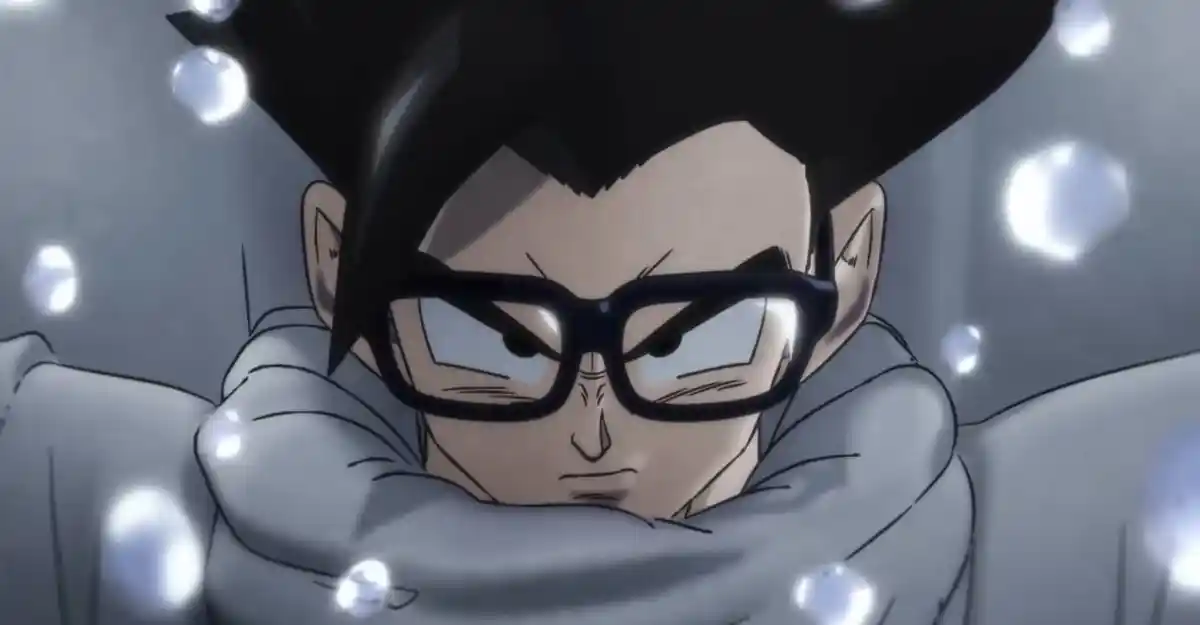
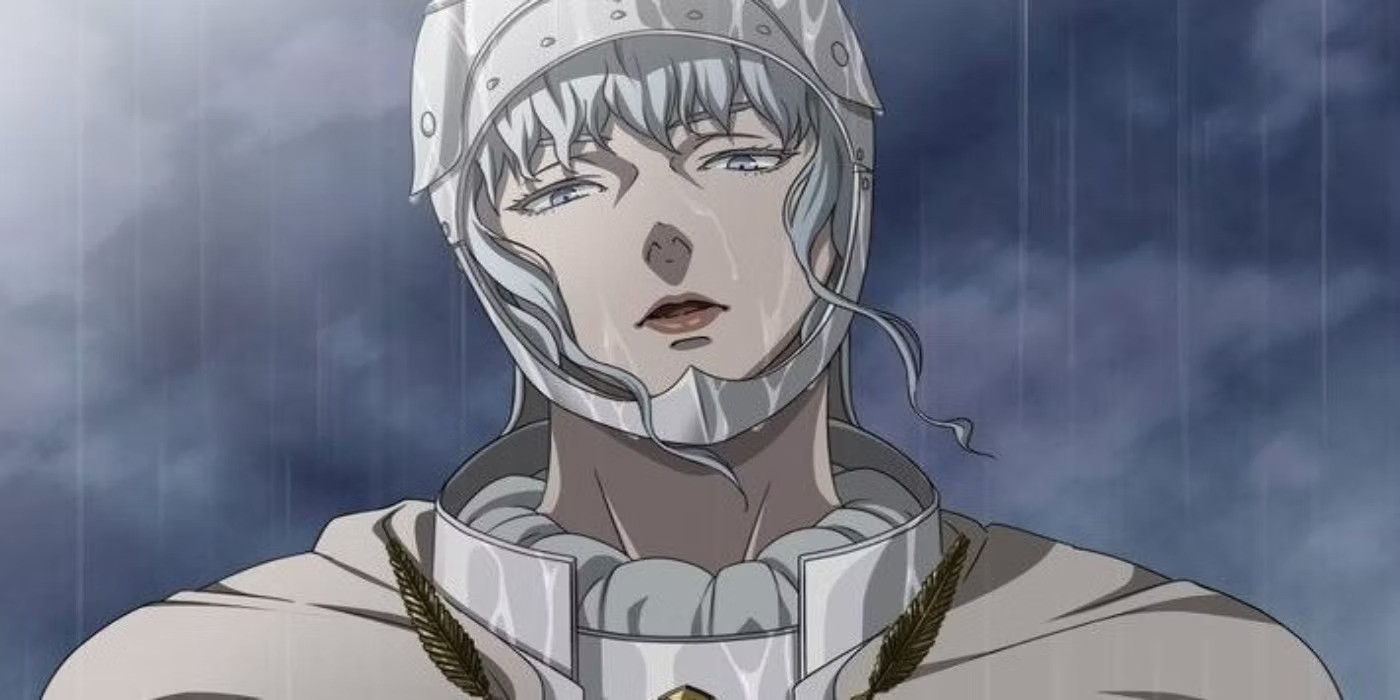
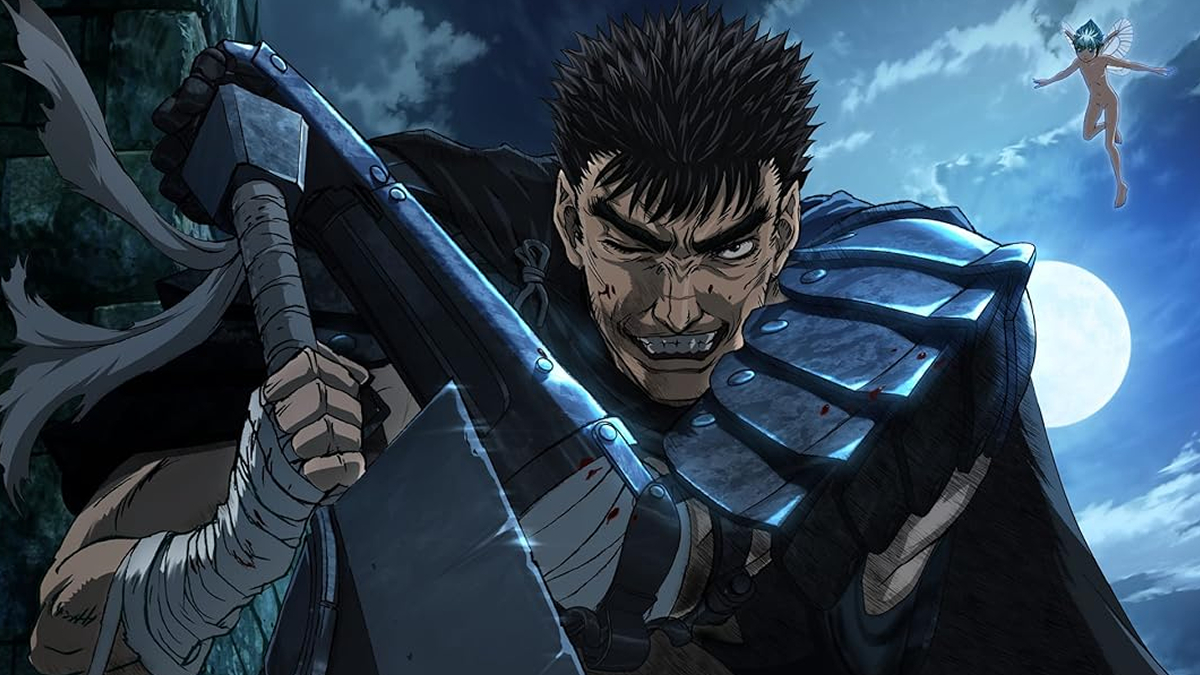
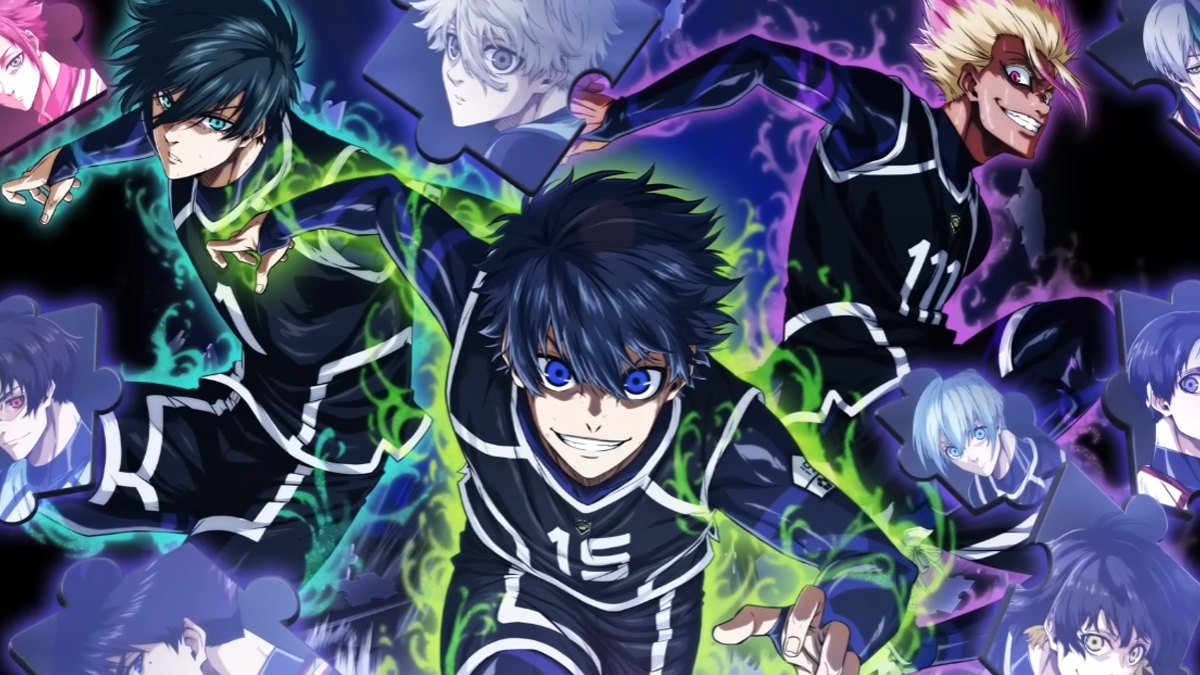


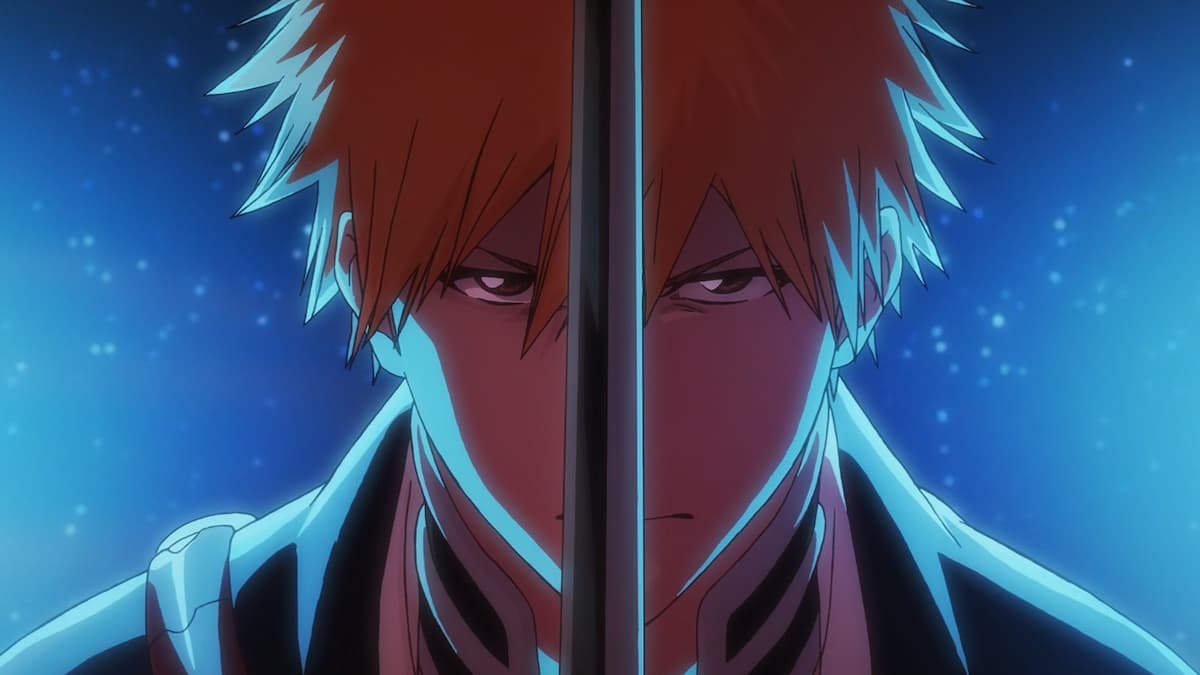
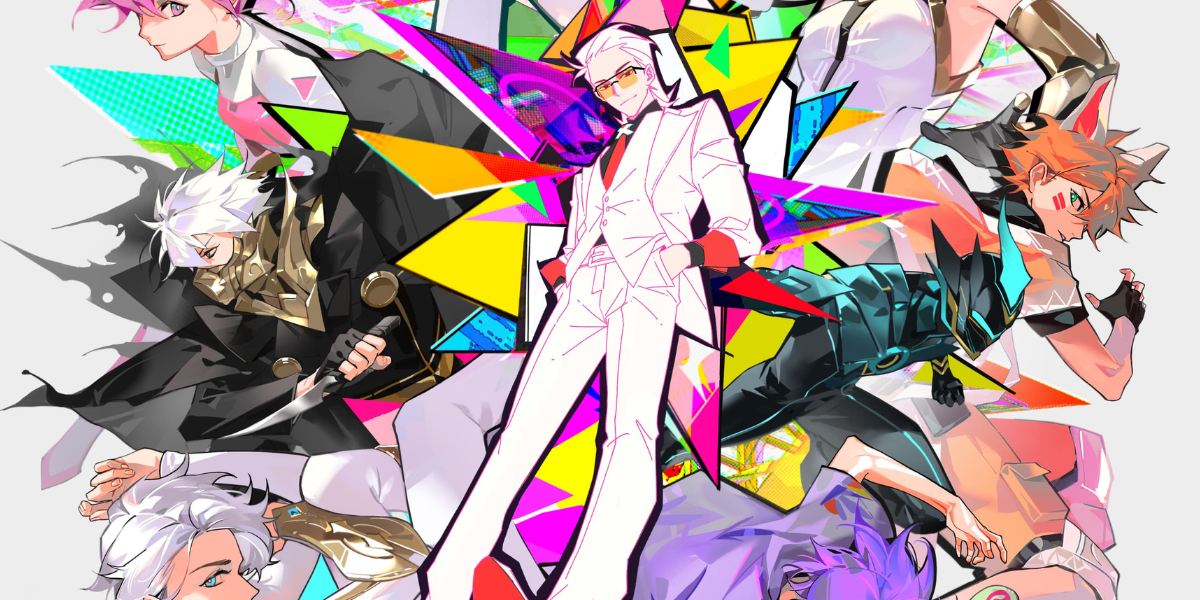
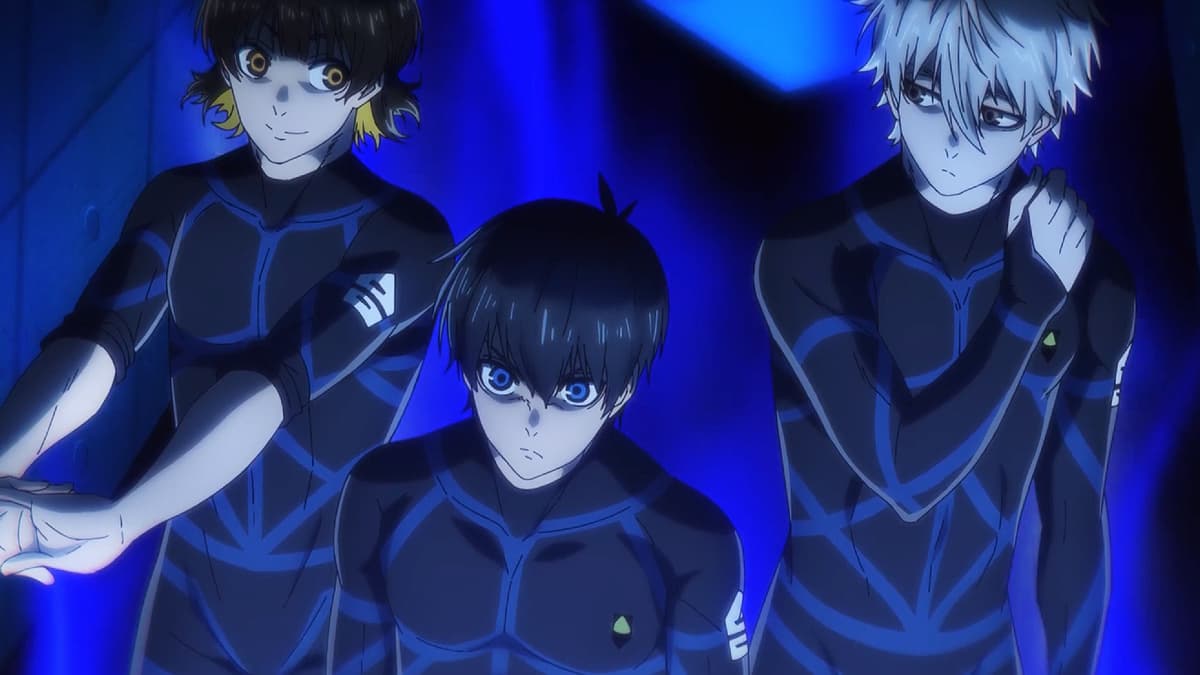
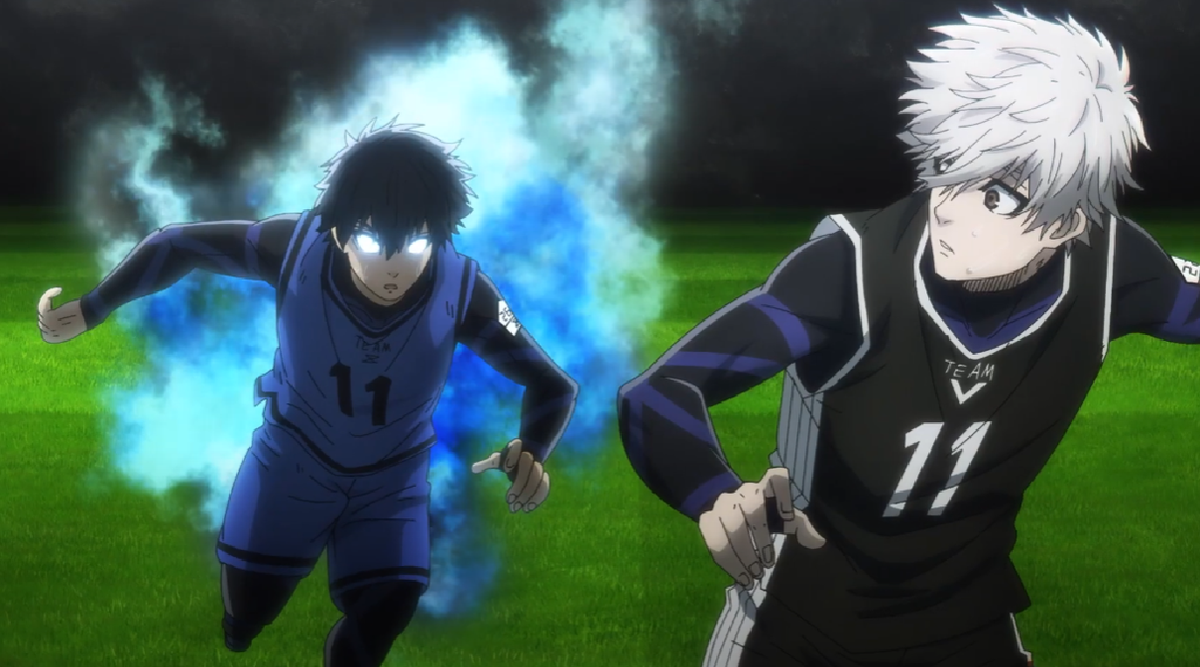
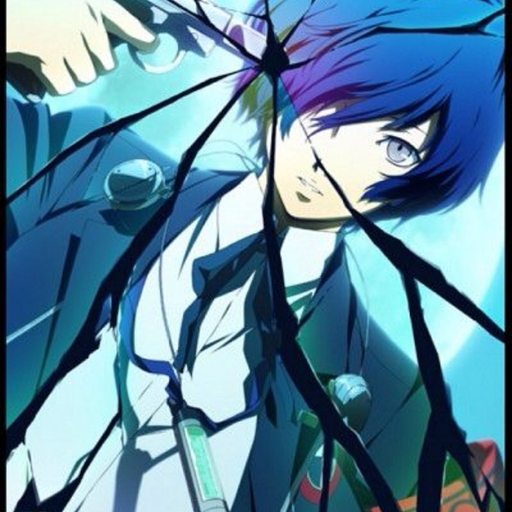
Published: Nov 8, 2024 2:01 PM UTC